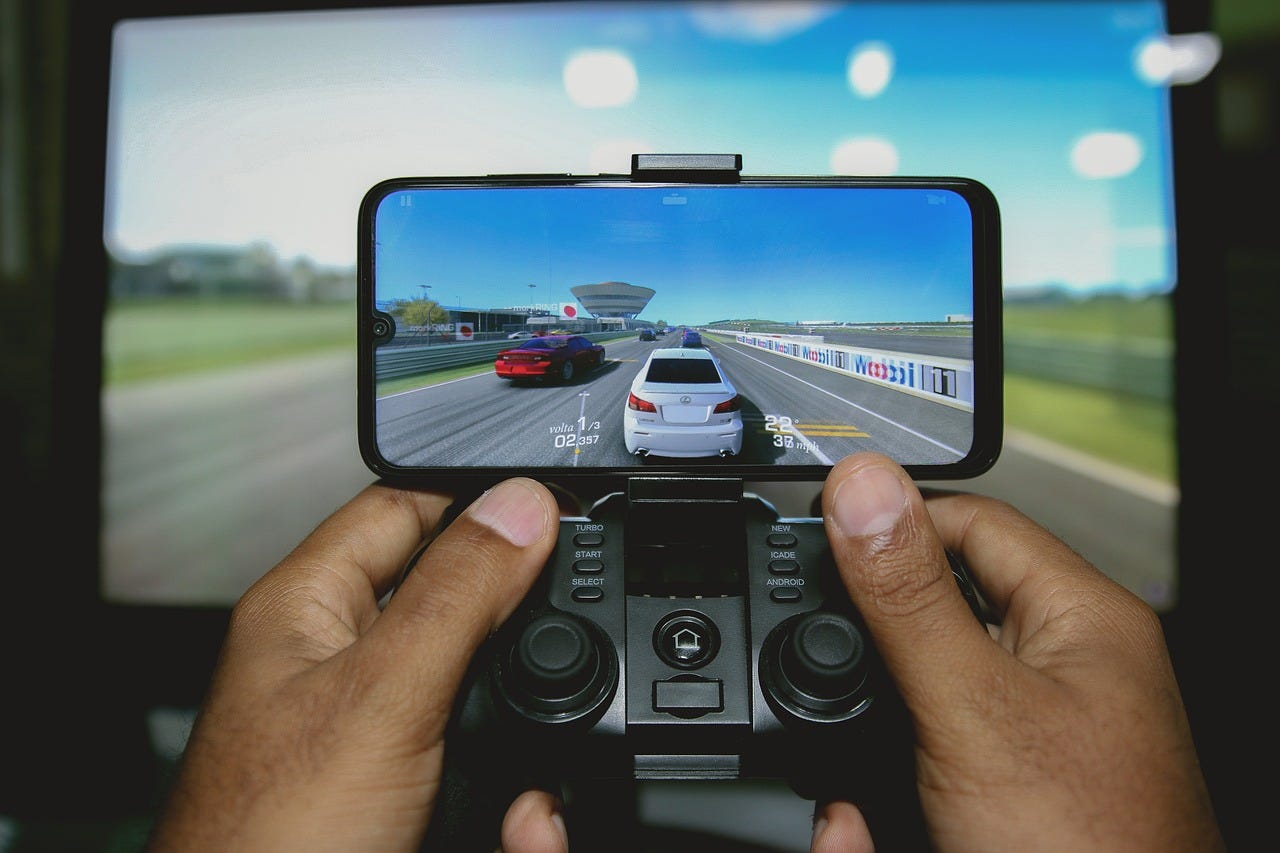Level Up Your Brain: How Video Games Sharpen Your Skills
For decades, video games have been a source of entertainment, often demonized for their potential addictive qualities or controversial themes. However, recent research paints a different picture. Beyond the fun and thrills, video games offer surprising cognitive benefits, particularly in boosting hand-eye coordination and problem-solving abilities. This article explores the science behind how gaming enhances these skills and how it can contribute to overall brain development.
The Hand-Eye Coordination Connection
Hand-eye coordination is a fundamental skill that allows us to integrate visual information with physical movements. It's crucial for everyday activities like catching a ball, writing, and even driving. Studies have shown that video games, particularly action games like first-person shooters (FPS) or racing games, can significantly improve hand-eye coordination.
Here's how it works:
Rapid Processing: These games demand split-second decisions and reactions. Players must constantly track fast-moving objects on the screen, anticipate movements, and respond with precise controller inputs. This intense visual processing strengthens the neural pathways between the visual cortex and motor cortex in the brain, leading to faster and more accurate hand movements.
Enhanced Visual Acuity: Action games often involve cluttered environments with numerous details. Players train their brains to filter out irrelevant information and focus on crucial objects, like enemies or targets. This improves visual ability and the ability to identify patterns quickly.
Muscle Memory Development: Repetitive actions in games, like complex button combinations or controller maneuvers, build muscle memory. Over time, these movements become second nature, allowing players to react instinctively without conscious thought. This frees up cognitive resources for other tasks, further enhancing overall coordination.
The Problem-Solving Power Up
Video games aren't just about reflexes; they also challenge our problem-solving abilities. Different genres offer unique cognitive challenges:
Strategy Games: These games require players to think several steps ahead, plan complex strategies, and adapt to changing situations. They foster critical thinking, resource management, possibly diplomacy, and decision-making skills.
Puzzle Games: These games test logic, spatial reasoning, and pattern recognition. Players must analyze problems, experiment with solutions, and think creatively to overcome obstacles.
RPGs (Role-Playing Games): These games often involve navigating complex narratives, managing character stats, and completing intricate quests. They encourage players to think critically, analyze information, and make choices that impact the story's outcome.
By engaging with these challenges, players strengthen the brain's frontal lobe, which is responsible for planning, decision-making, and problem-solving. This improved cognitive flexibility translates to better problem-solving skills in real-world scenarios.
Brain Development
The benefits of video games extend beyond honed skills. Studies suggest that gaming can actually contribute to positive brain development:
Increased Neuroplasticity: The brain is constantly forming new neural connections, a process called neuroplasticity. Video games, with their stimulating and dynamic environments, are thought to promote neuroplasticity, leading to a more adaptable and resilient brain.
Enhanced Cognitive Function: Research indicates that regular video game play can improve cognitive functions like memory, attention span, and information processing speed. This can benefit people of all ages, from children developing their cognitive skills to older adults looking to maintain cognitive health.
Improved Multitasking: Many video games require players to juggle multiple tasks simultaneously, such as tracking enemies while navigating a complex environment. This strengthens the brain's ability to switch attention efficiently and manage competing demands, a valuable skill in our fast-paced world.
Finding the Right Game for You
Not all video games are created equal. While most offer some level of cognitive engagement, some genres provide more benefits than others. Here's a quick guide:
For Hand-Eye Coordination: Action games, racing games, rhythm games.
For Problem-Solving: Strategy games, puzzle games, RPGs.
For Overall Cognitive Function: Games that combine elements of action, puzzle-solving, and strategy.
The Key Takeaway
Video games, when played mindfully, can be powerful tools for enhancing cognitive skills and brain development. They improve hand-eye coordination, sharpen problem-solving abilities, and even contribute to a more adaptable brain. So, the next time you pick up a controller, remember – you might be doing more than just having fun; you might be giving your brain a workout.




